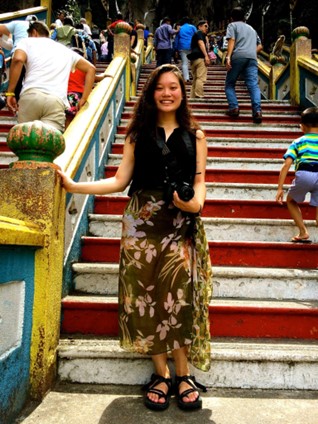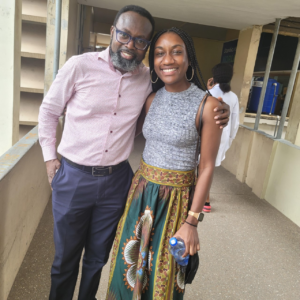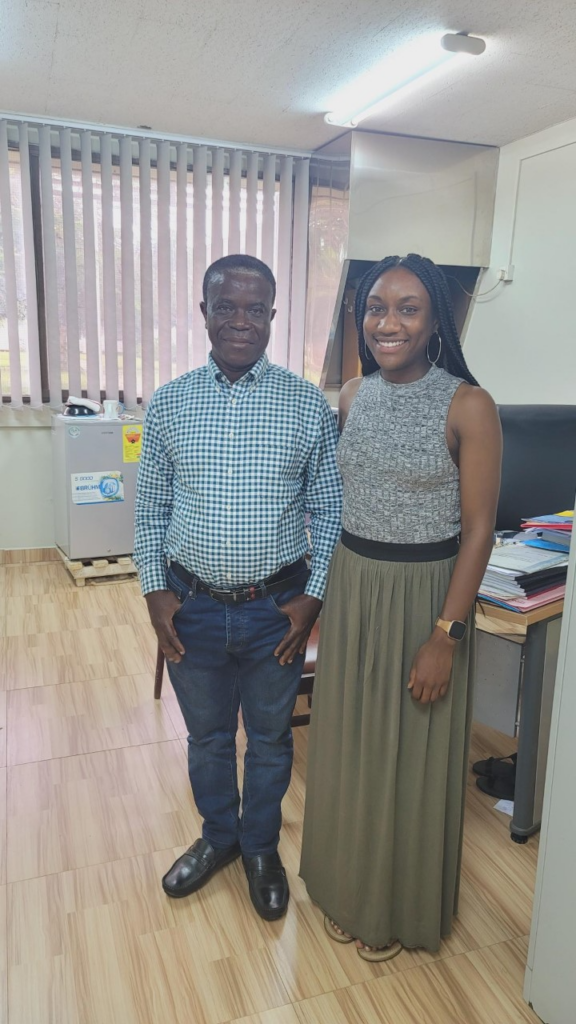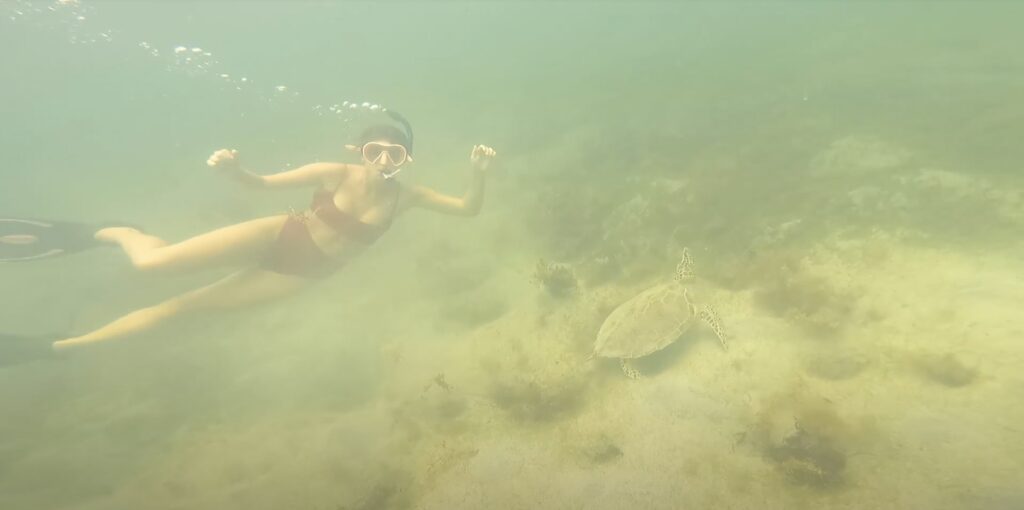
Although it hasn’t been very long since I last wrote, it feels like it’s been months! This summer has been filled with all things SRH (sexual and reproductive health) as I took a deep dive into the causalities of unintended pregnancies and contraception use in Thailand. My work with Kenan Foundation Asia has allowed me to gain much-needed insight into the inequities of SRH services and access for women and adolescents – specifically female immigrant and migrant workers and young girls. My contribution lays down some of the groundwork to advocate for policy change and the implementation phase of the organization’s SMART Family Planning program for factory and migrant workers around Bangkok and northern Thailand.
My practicum was a bit challenging as there was limited data on unintended pregnancies in the Thai context despite the Ministry of Public Health recognizing this is an increasing issue. However, this showcased to myself and the organization that further research needs to be conducted to fully understand the causality pathways that can lead to unintended pregnancies. Another challenge I faced was not knowing how time-consuming creating a questionnaire would be. My initial timeline did not account for such an iterative process! But nonetheless, it helped me to understand the framework of asking questions to gain additional perspective on the issue.
Despite these unexpected challenges with my practicum, I’m thankful for the opportunity to work on the early stages of what I know (or at least hope!) will be a transformative program for these communities in addressing gaps in family planning. When I was searching for a practicum, I knew I wanted to direct my efforts on working with an organization that focuses on East/Southeast Asia. Thus, Kenan Foundation Asia seemed like the best fit for me especially given my previous experience working in contraception development and introduction. I’m so glad that I got to expand my global health experience in a region I’m very passionate about and gain further insight into program planning and development. I’m looking forward to the next steps that the organization will take in ensuring more inclusive and quality SRH services for these communities as well as my own next steps in my academic and professional career.
– Rachel E.



